Nanoparticle immune therapy shows potential to halt pancreatic cancer spread
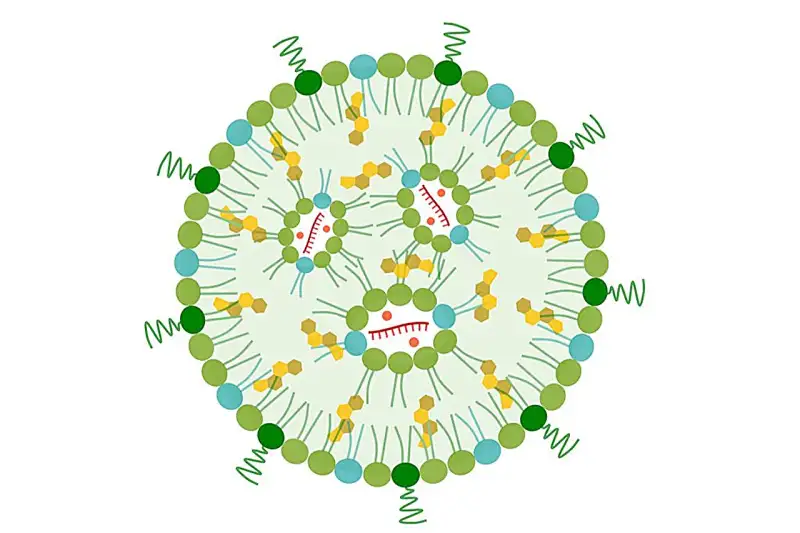
Pancreatic cancer remains one of the most challenging tumors to treat, partly because it is often discovered at advanced stages when the disease has already spread, or metastasized. About half of pancreatic cancer patients experience metastasis to the liver, which worsens the prognosis for an already life-threatening disease.
Cell-free RNA blood test identifies early-stage cancers, monitors treatment resistance and detects tissue damage

Stanford Medicine researchers have developed a blood test capable of detecting cancers, the ways cancer resists treatments and tissue injury caused by non-cancerous conditions.
A new approach to cancer treatment: Tiny vesicles help the immune system fight tumors

Scientists at the Nano Life Science Institute (WPI-NanoLSI), Kanazawa University and colleagues have developed a promising new approach to cancer treatment.
New method identifies protein that may govern cancer cell movement and metastasis

Using a novel method that gives a readout of which proteins are in specific locations within cells, UT Southwestern Medical Center researchers have identified a protein that plays a key role in cell adhesion and movement.
Magnetic nanoparticles transport drugs deep into tumors to slow cancer growth

Drugs and other treatments can be quite effective at killing cancer cells, yet many fall short as they struggle to penetrate deep into solid tumors due to physical barriers within the tissue.
Self-assembling nanoplatform can boost cancer photoimmunotherapy effectiveness
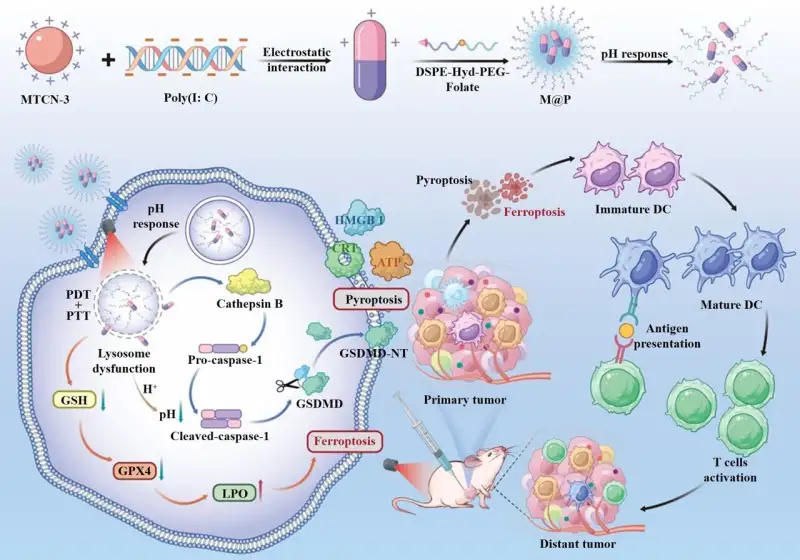
Photoimmunotherapy is an innovative cancer treatment that combines phototherapy with immunotherapy to selectively target and destroy cancer cells.
Self-protecting nanoparticles can enhance colorectal cancer drug delivery
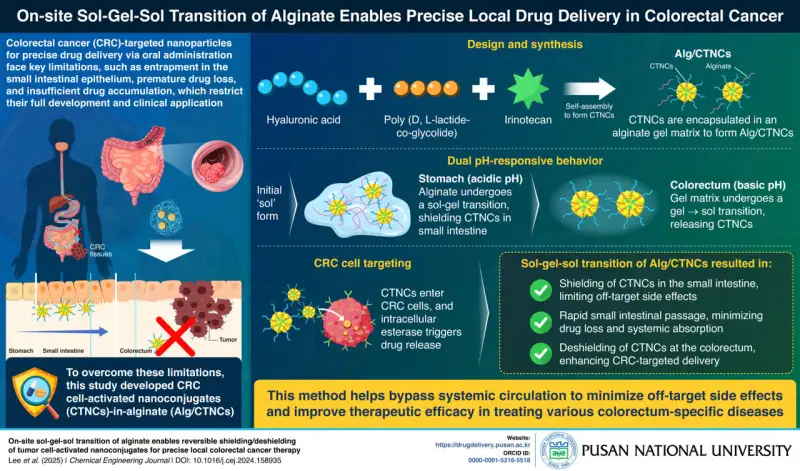
Colorectal cancer (CRC) is one of the most prevalent types of cancer and has a high mortality rate globally. Oral administration of anticancer drugs that pass through the gastrointestinal (GI) tract into the colorectum is a common strategy to deliver drugs in CRC treatment.
New approach identifies reproducible volatile organic compounds for lung cancer diagnosis
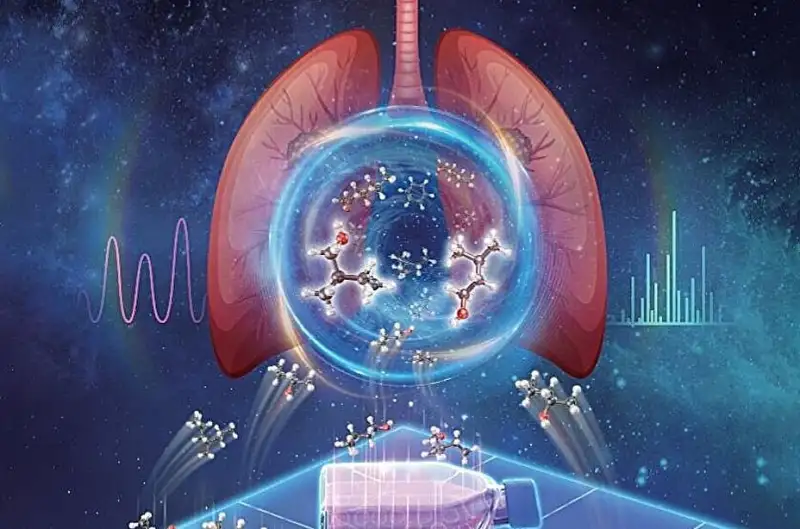
A research team has developed a multi-medium approach (MMA) to identify reproducible volatile organic compounds (VOCs) in lung cancer cells.
Bristol Myers’ colorectal cancer drug significantly reduces relapse risk
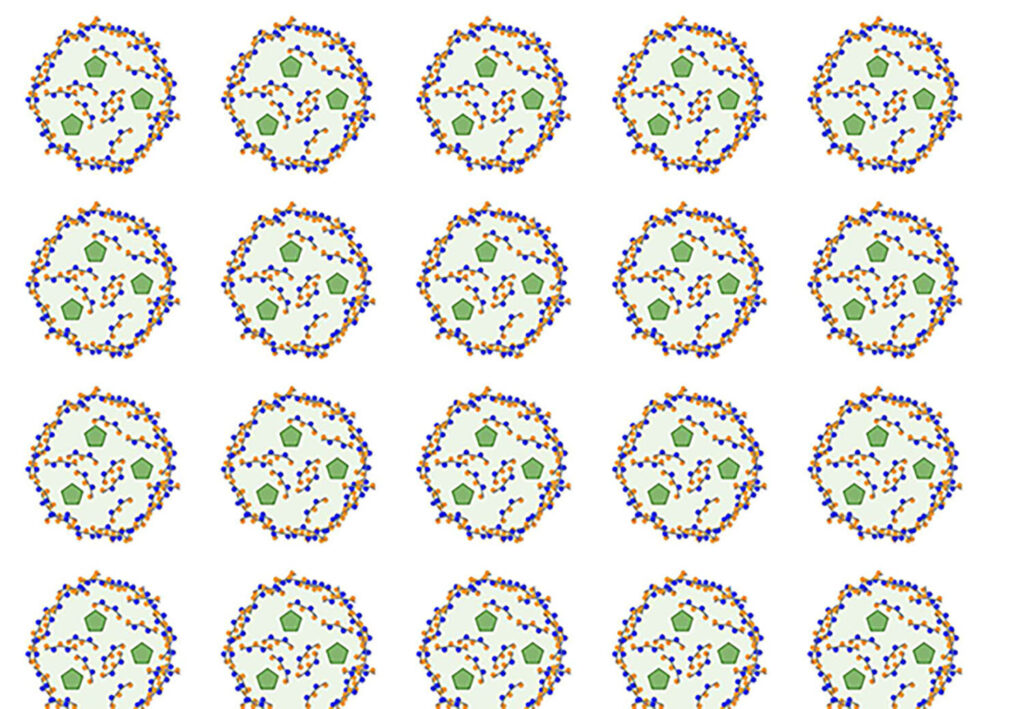
Clinical trials indicate that Bristol Myers’ new drug effectively lowers the risk of cancer relapse in colorectal patients.
Peptide-coated nanoparticles achieve 98% drug loading, improving cancer treatment

A team of scientists has developed a groundbreaking approach using specially designed peptides to improve drug formulations. This innovative method significantly enhances anti-tumor efficacy, as demonstrated in leukemia models.
Prostate cancer and AI: The exciting advances that could transform treatment
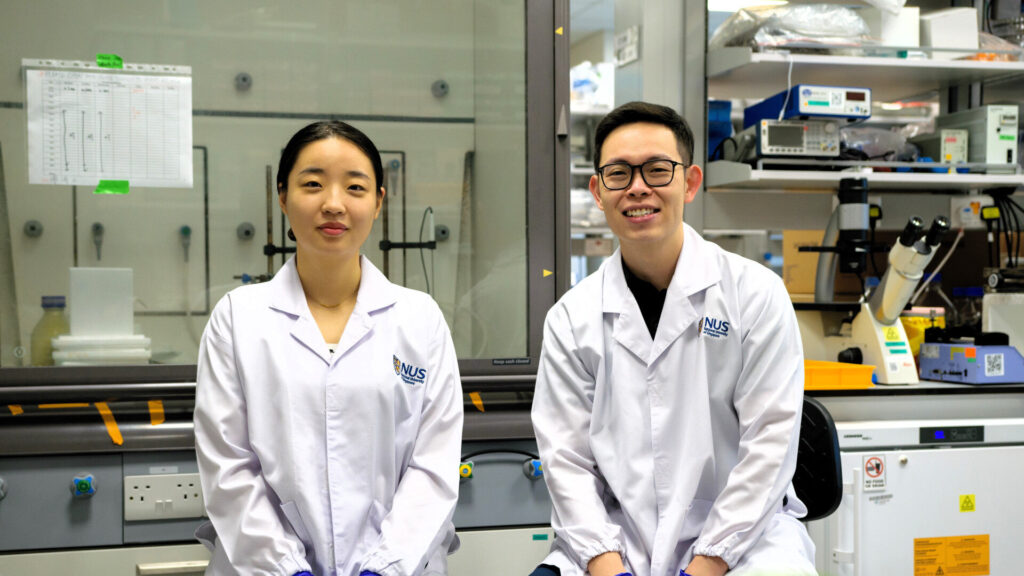
Exploring how artificial intelligence is revolutionizing prostate cancer treatment, from early detection to personalized therapy plans.
Glass of milk a day cuts bowel cancer risk – study – BBC News

Dark leafy greens, bread and non-dairy milks containing calcium were also found to offer protection.






